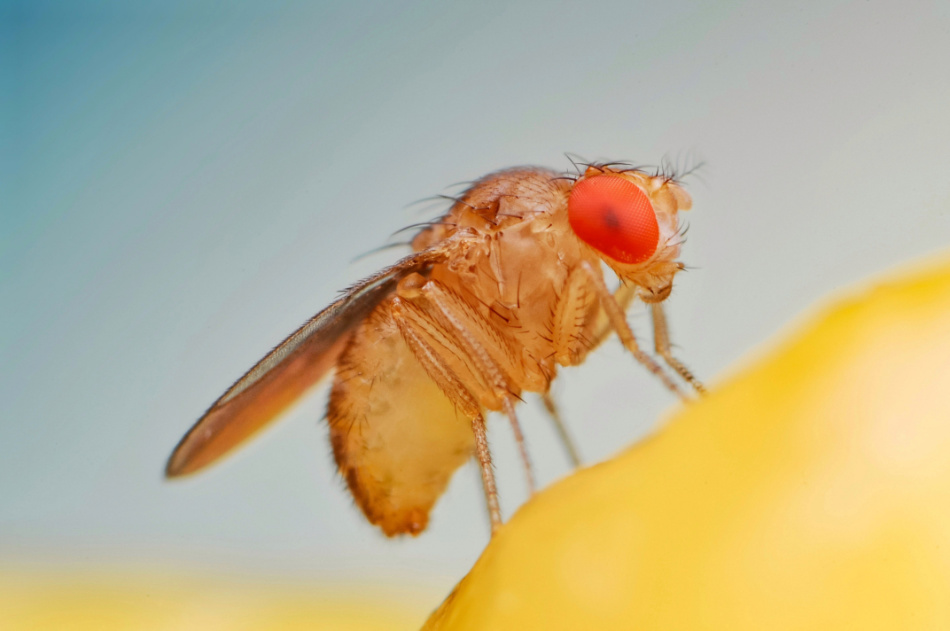
Scientists create the first-ever comprehensive map of an insect brain
According to a new study published in the journal Science, scientists have generated the first complete map of an insect's brain and, critically, all of the synaptic wire that ties it together. The resulting map is known as a connectome, and it is a fundamental piece of neuroscience. "Now we Read More...

What this zebrafish gene reveals about autism in humans
The human brain is enormously complex, no one can deny that, but some parts of our brains are similar to those of some simpler animals. Think of it this way: a motorcycle may not have a car’s rear differential, air conditioning, or safety features, but they do both have an engine. Some of the Read More...

The chemical compound of love: oxytocin turns lions into kittens
Love’s effect can sometimes be mystifying. A tender embrace from a friend or the adoring eyes of a pet can bring us back from anger or sadness at almost any time. Affection soothes the beast inside all of us, and it can even be tracked scientifically. What we feel when we experience love is Read More...

Yale scientists use patients’ own stem cells to repair injured spinal cords
Spinal cord injuries can cause serious damage to a person’s motor functions. To make matters worse, the spinal cord is one of the few parts of the body without the ability to repair itself. Recently, scientists at Yale University attempted to repair the injured spinal cords of patients via Read More...

Researchers have found a way to restore voices lost to neurological conditions
People with neurological conditions who lose the ability to speak can still send the brain signals used for speech, but sadly, they cannot produce any words with their voices. UCSF researchers, however, might have found a way to bring their voices back. What they’ve created is a brain-machine Read More...


